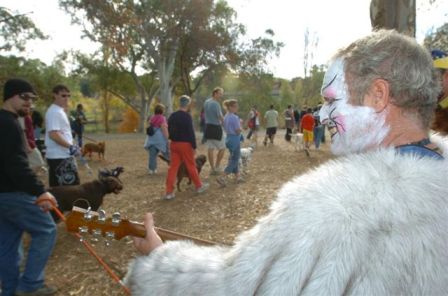Thanks to Kirsty Degabrielle for this great posting:
Hey All,
In a society where many laws, churches, schools, media sources, etc, often discriminate against same sex attracted (SSA) people and send homophobic messages, it is only natural that most individuals (including SSA people) have some level of homophobic thoughts &/or attitudes. The real achievement is in acknowledging this & working towards increasing your own awareness, the awareness of those around you, & challenging homophobia in all its many forms (see IDAHO- Part 1 of 2 email).
Below are listed 4 homophobic levels of attitude and 4 positive levels of attitudes towards lesbian and gay relationships/people. They were developed by Dr. Dorothy Riddle, (a psychologist from Tucson, Arizona).
WHERE DO YOU SIT ON THE SCALE? DO YOU HAVE ROOM TO MOVE?
HOMOPHOBIC LEVELS OF ATTITUDE
1. Repulsion: Homosexuality or bisexuality is seen as a "crime against nature". Same sex attracted people are sick, crazy, immoral, sinful, wicked, etc. and anything is justified to change them (for example, prison, hospitalisation, negative behaviour therapy, electroshock therapy).
▼
2. Pity: Heterosexuality is more mature and certainly to be preferred. Any possibility of "becoming straight" should be reinforced and those who seem to be born "that way" should be pitied, "the poor dears".
▼
3. Tolerance: Homosexuality is just a phase of adolescent development that many people go through and most people "grow out of". Thus, same sex attracted individuals are less mature than heterosexuals and should be treated with the protectiveness and indulgence one uses with a child.
▼
4. Acceptance: Still implies there is something to accept. Characterised by such statements as "You’re not a lesbian to me, you’re a person!" or "What you do in bed is your own business," or "That’s fine with me as long as you don’t flaunt it". This perspective denies the social and legal realities with which same sex attracted people live, and ignores the pain of invisibility and stress of closet behaviour. "Flaunt" usually means saying or doing anything that makes people aware.
▼
POSITIVE LEVELS OF ATTITUDES
5. Support: Work to safeguard the rights of same sex attracted people. People at this level are aware of the homophobic climate and the unfair treatment that same sex attracted people experience.
▼
6. Admiration: Acknowledges that being same sex attracted in our society takes strength. People at this level are willing to truly examine their homophobic attitudes, values and behaviours.
▼
7. Appreciation: Value the diversity of people and see same sex attracted people as a valid part of that diversity. These people are willing to combat homophobia in themselves and others.
▼
8. Nurturance: Assumes that same sex attracted people are indispensable in our society. They view same sex attracted people with genuine affection and delight, and are willing to be allies and advocates.







